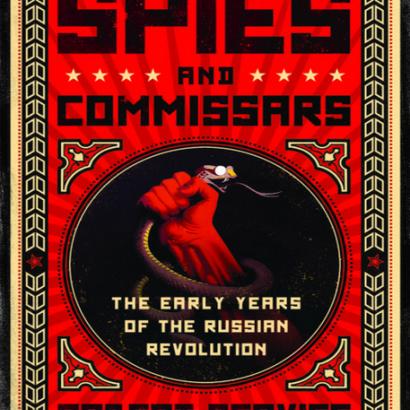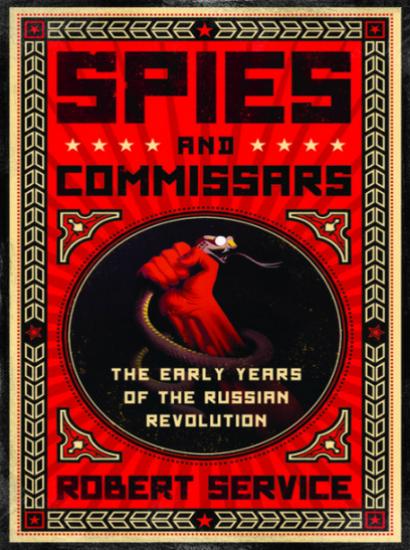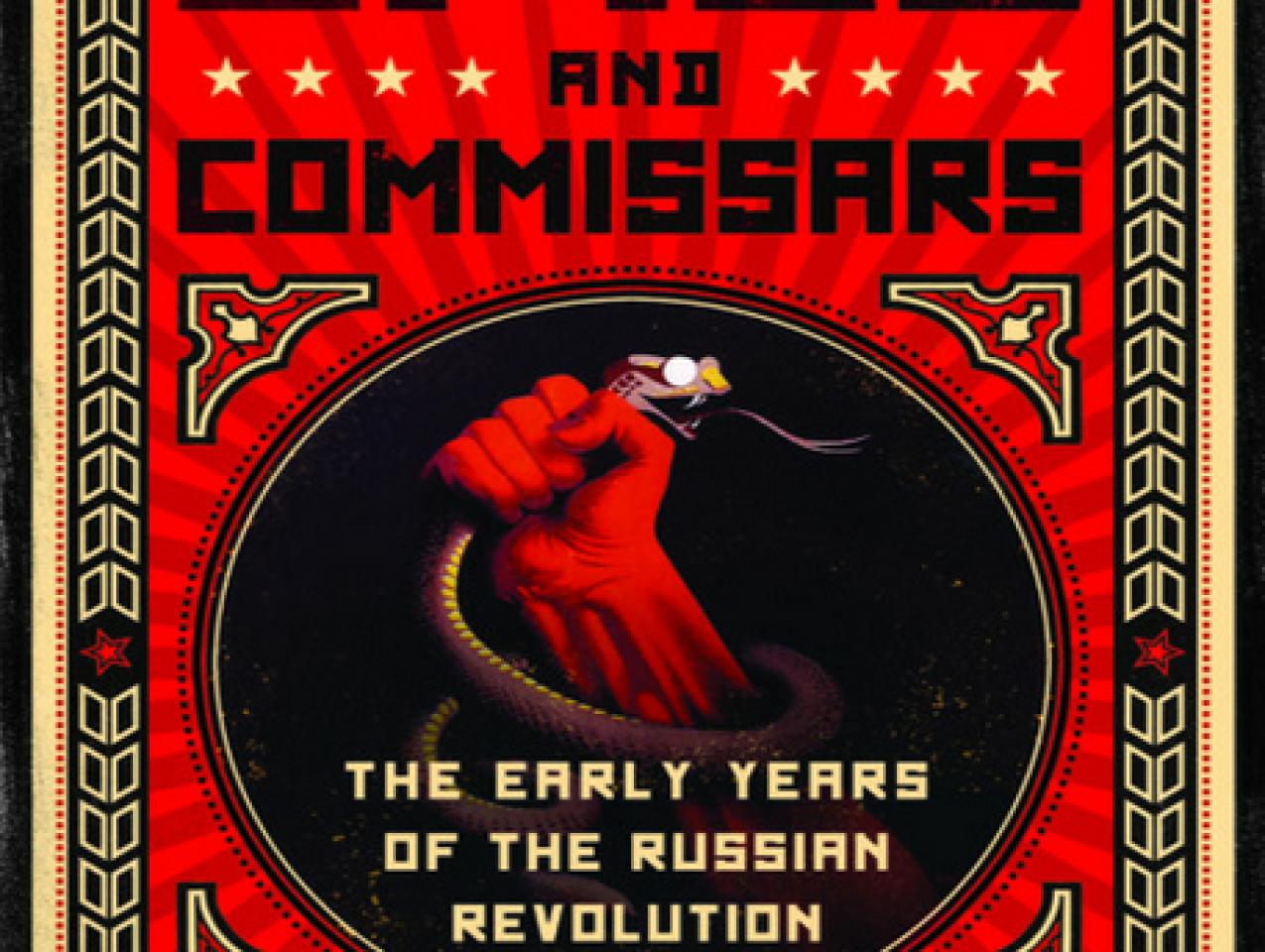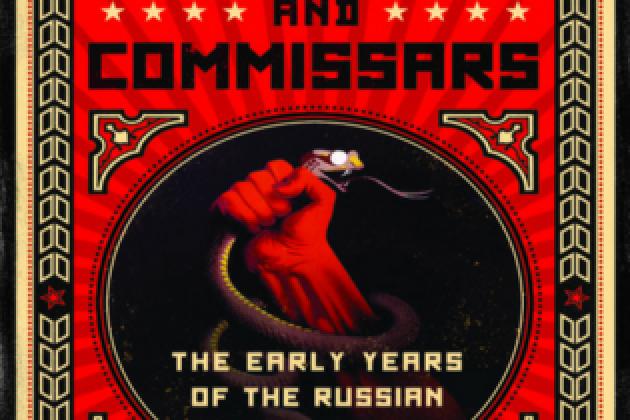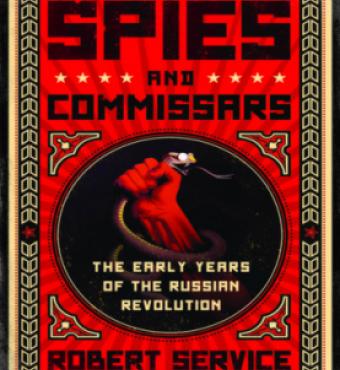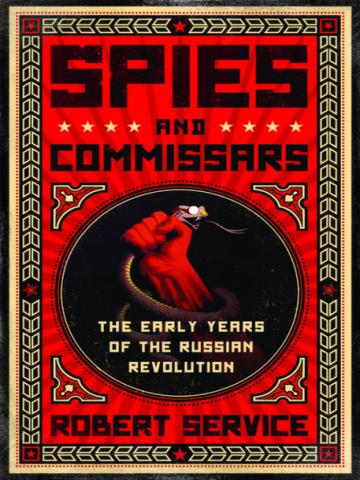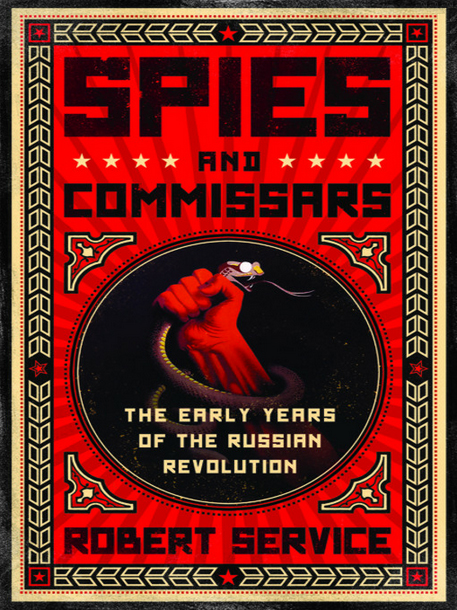
Robert Service argues in Spies and Commissars that it was far from certain that the Bolshevik Revolution would endure and that its early years were marked by multidimensional interactions between Russia and the West. Lenin and Trotsky were intent on spreading their communist ideals to Europe and the rest of the world, whereas the Western powers were determined to prevent them. But by what means? The usual diplomatic routes to basic information had been closed off.
Service tells the stories of the odd characters who stepped into this void, among them the British diplomat Robert Bruce Lockhart, who, with Sidney Reilly–“Ace of Spies”– engineered a plot to bring down Lenin, the American journalist John Reed, and the writer Arthur Ransome (Reed and Ransome were both attracted to the new communist order).
Spies and Commissars, which draws heavily on the historical archives of the Hoover Institution, makes the case that the Bolshevik Revolution has to be understood in its international context, showing that economics and espionage, as well as politics and war, were important to the Bolsheviks’ survival. As the book shows, Western governments knew surprisingly more about the Kremlin than we used to think possible, thanks to the tracking of the telegraph traffic that filled the void left by the breakup of Western espionage networks.
Spies and Commissars
Place: Conference Room, Lou Henry Hoover Building
When: July 24, 4 PM
Reception to follow
Public invited







